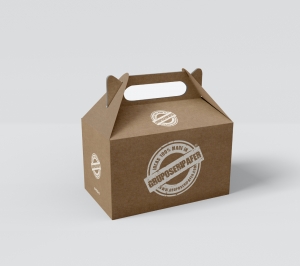The Importance of First Aid Skills
First aid training equips one with the skills to act in case of an emergency. Be it treating a cut, taking care of a person who has fainted, or doing CPR on a person who is not breathing, what is done in those first few minutes can make all the difference.
These aren't just skills for medics. First aid is something every parent, worker, student or passer-by can — and should — know. It helps save lives, reduce the seriousness of injuries, and give people the confidence to step in when something goes wrong.
What You'll Learn on a Course
First aid courses vary depending on who they're for, but most cover the same essential topics:
- CPR and defibrillator: How to perform chest compressions and use an AED.
- Choking: How to safely and quickly relieve the blockage of the airway.
- Bleeding and wounds: How to stop bleeding and dress a wound properly.
- Burns and scalds: What to do immediately and how to dress the affected area.
- Shock and unconsciousness: How to place someone in the recovery position and assess breathing.
Courses tend to include realistic scenarios and 'hands-on' practice on manikins and first aid kits, so you learn through doing instead of just theory.
Types of First Aid Courses
There are general and workplace-specific courses:
- Emergency First Aid at Work: A one-day course that covers the basics.
- First Aid at Work: A three-day course that lasts longer and is a requirement in most workplaces.
- Paediatric First Aid: Focuses on infants and children — essential for teachers, nursery staff and parents.
- Mental Health First Aid: Covers how to support someone experiencing a mental health crisis.
Most certificates are valid for three years, after which you'll need a refresher course to stay current.
Who Should Take It?
Employers tend to send staff to be trained in order to meet legislative requirements, especially in industry, construction, schools or hospitality. Yet it's useful far beyond the workplace.
Parents, carers, teachers, sports coaches, community volunteers and anyone who comes into contact with the public will all benefit. Even if you don't use the skills on a regular basis, knowing them can make all the difference in a life-threatening situation.
How to Get Started
Courses are run by recognised organisations like St John Ambulance, the British Red Cross and private training bodies. Many are local and last a day. Some now provide blended options, with some of the training done online with face-to-face practical work to follow.
Prices vary, but many employers will pay for it — and some charities even offer free courses to community groups.






